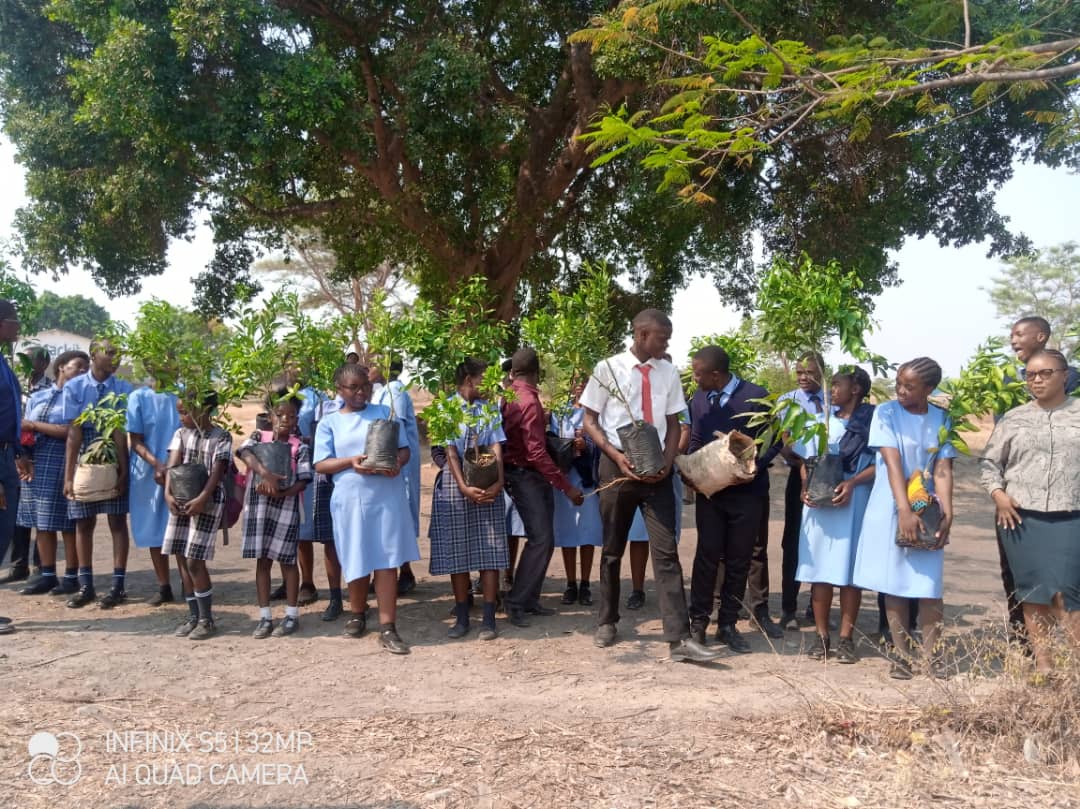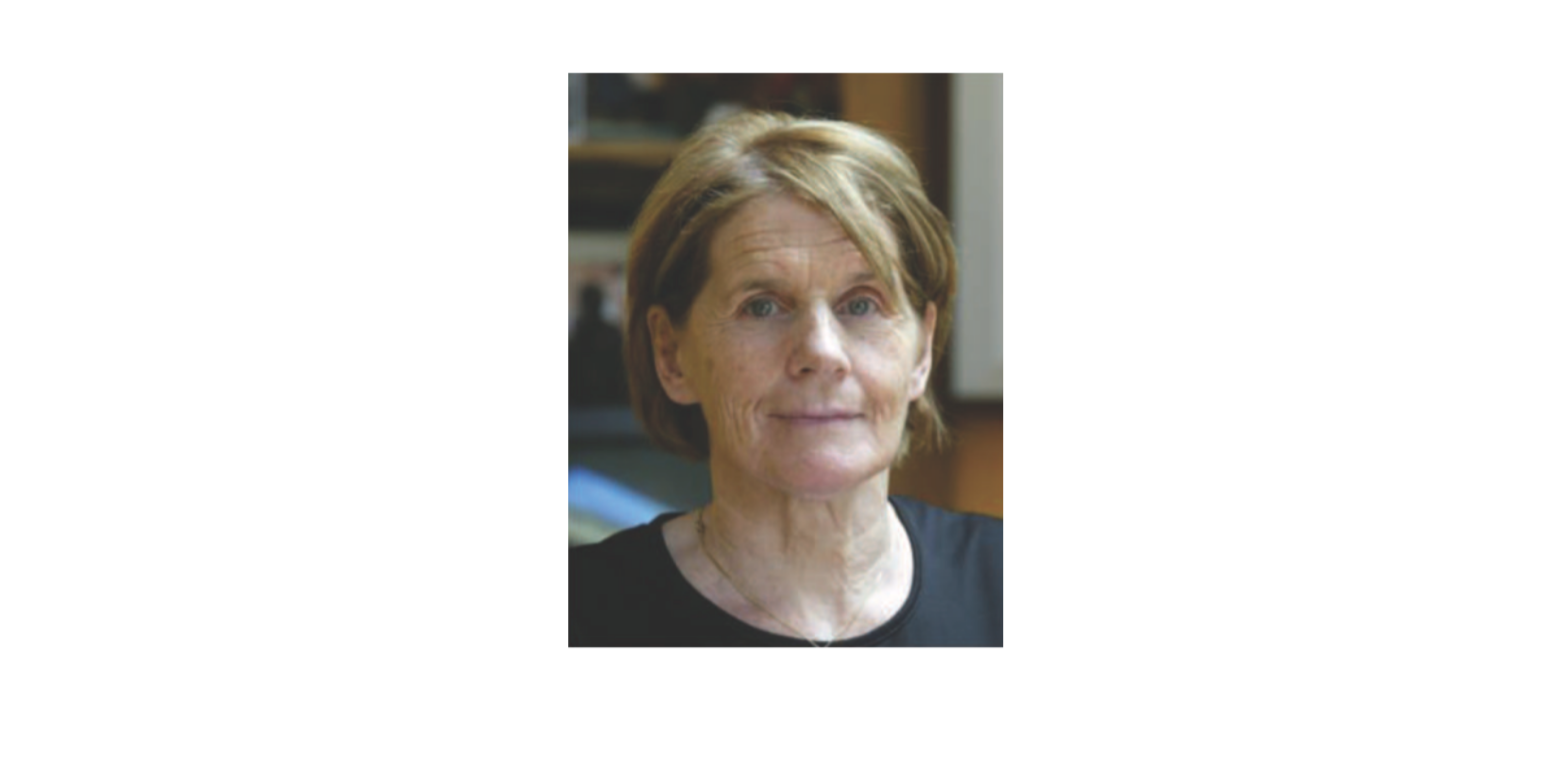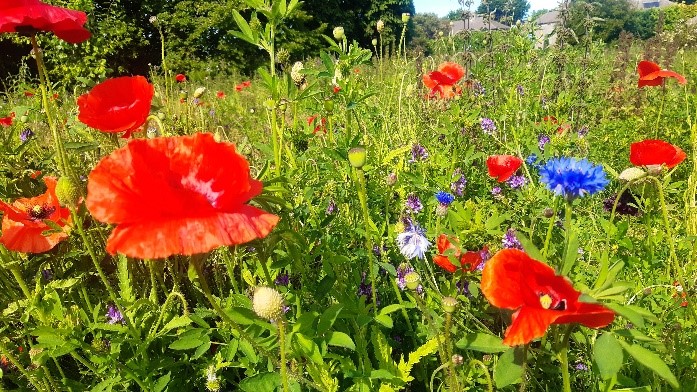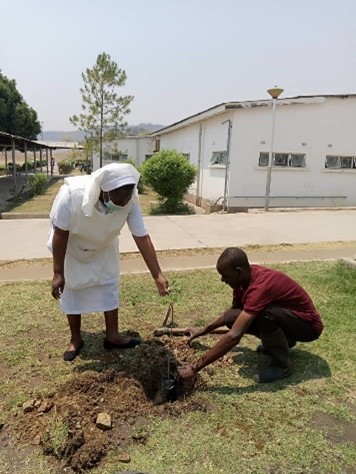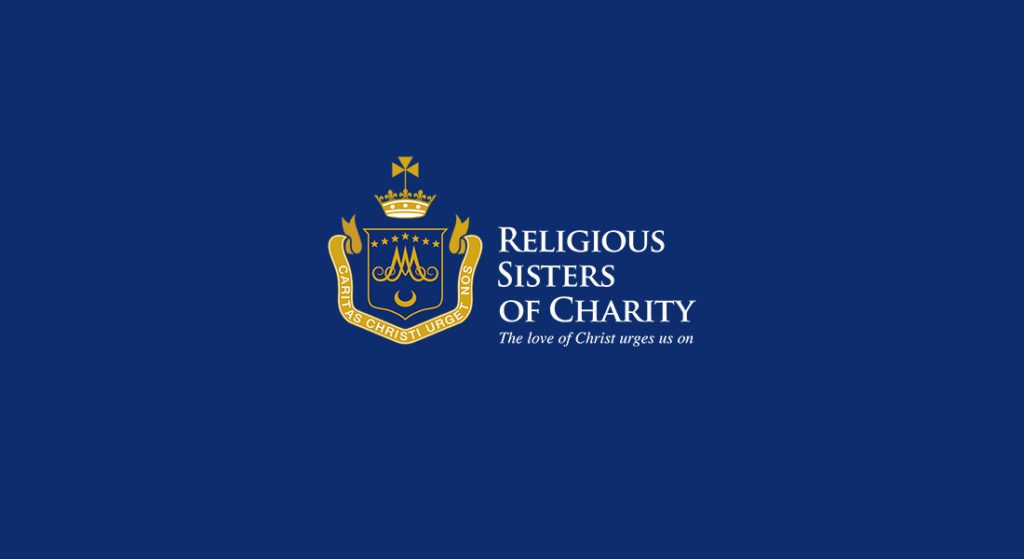
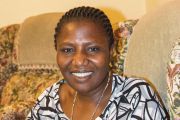 The editor of Africa Magazine, Fr Tim Redmond, recently met with Sr Kayula Lesa from Zambia. As a result of this meeting Sr Kayula featured in an article in the magazine. We are grateful to Fr Tim and the staff at Africa magazine for allowing us to re-produce the article here.
The editor of Africa Magazine, Fr Tim Redmond, recently met with Sr Kayula Lesa from Zambia. As a result of this meeting Sr Kayula featured in an article in the magazine. We are grateful to Fr Tim and the staff at Africa magazine for allowing us to re-produce the article here.
I met Sr Kayula by chance in St Patrick’s House in Johannesburg in South Africa as we were both in transit there. She shared with me an unexpected recent development in her ministry.
Sr Kayula hails from the Chinsali district of Zambia. She was born to a Christian family and joined the Sisters of Charity (RSC) after completing her O-levels, making her first vows in 1994. In her training she studied English at the University of Zambia, in Lusaka. She worked for a time with the Jesuit Refugee Service (JRS) in Zambia, and was Education Co-ordinator at the Meheba Refugee Settlement in Solwezi. This grew out of a refugee camp for Angolans fleeing war in their own country. She later became director of the programme there for JRS.
From 2005-2006, she studied for an MSc at the prestigious School of Oriental and African Studies (SOAS) in the University of London. Her return to Zambia at that time was impeded by a potentially serious medical problem, from which she has made a good recovery.
Back in Zambia in 2007, she started to work with the Jesuit Centre for Theological Reflection (JCTR) in Lusaka. This was established in 1988 as a research, education and advocacy centre that promotes study and action on issues linking Christian faith and social justice in Zambia and Malawi. She describes it as a sort of think tank looking at a wide range of issues in the area of faith and justice, including human rights, people trafficking, access to information and many others. They strive to create a value base for public policy and they work in advocacy and lobbying with for instance World Bank and the IMF.
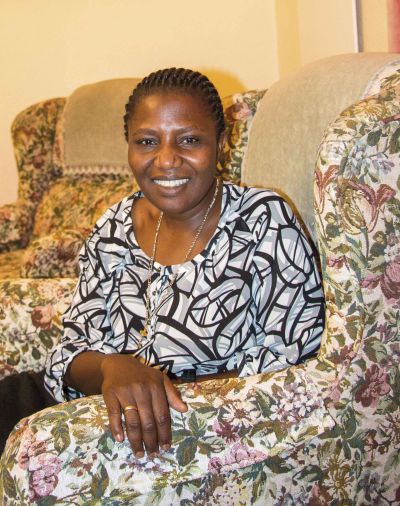 In 2014 she changed jobs again and took up an appointment with Dialogue for Development (D4D), a peace building programme set up by the Sisters of Charity in Zambia. This was a natural progression from the work she had been doing before. Working within her own congregation, her job is to facilitate and provide resources for the discussion of important issues in all areas where the Sisters are ministering. So the programme seeks to raise awareness of human trafficking, child protection, early girl child marriages and early pregnancy and children’s rights. So she has had contact with parents and teachers and pupils in schools, and with staff of hospitals and health facilities in which the Sisters work.
In 2014 she changed jobs again and took up an appointment with Dialogue for Development (D4D), a peace building programme set up by the Sisters of Charity in Zambia. This was a natural progression from the work she had been doing before. Working within her own congregation, her job is to facilitate and provide resources for the discussion of important issues in all areas where the Sisters are ministering. So the programme seeks to raise awareness of human trafficking, child protection, early girl child marriages and early pregnancy and children’s rights. So she has had contact with parents and teachers and pupils in schools, and with staff of hospitals and health facilities in which the Sisters work.
At one level all of this was a preparation for what was to come, although what happened was a complete surprise. On 15th December 2014 she received a phone call from Cardinal Seán Patrick O’Malley, the Archbishop of Boston. He informed her that Pope Francis had appointed her to the new Pontifical Commission for the Protection of Minors. She says she was quite astonished by the news, and very humbled by it, and agreed to accept the appointment, which was formally announced two days later. Before that she had to keep it a secret.
The establishment of the Pontifical Commission was first announced by Pope Francis in March 2014 when Cardinal O’Malley was named as its President. Since then the Commission has had more people appointed to a current total of seventeen members which includes men and women, lay, religious and priests. Two abuse survivors are included, and members are from North and South America, Asia, Australia and Africa. The statutes of the Commission were formally approved in 2015. The group has met already in two plenary sessions in Rome, in February and October of 2015. In addition they are divided into working groups and Sr Kayula is involved in the group considering education for families, communities and parishes and also in the group looking at healing and care of survivors of abuse. “The work of the first group is something I have been doing already in my work. The second working group will be concerned with healing of the victim, which is central, but also of their family and of the wider Church community all of whom suffer.”
Sr Kayula is enthusiastic about her work and the opportunities it offers, and also recognises how important it is. Their mandate as a commission is to advise the Pope, whose personal initiative it was to set up the commission. The background is the emergence, over the past thirty or so years, of large scale clerical abuse of minors by clerics over the past decades, which has been very sad and for many people traumatic. Sr Kayula stresses that the Commission has as its aim the positive protection of young people. Their task is not to look at individual cases, nor to be involved with the legal processes of investigation of perpetrators. Rather their job is to use the experience of the past to promote the safety of all children in the future.
‘The discussion of child safety, and of abusive behaviours in the past, is not at the same level in different countries. In some it is in the public space, and in others it has not come publicly for discussion, so it is difficult to determine the extent to which this happens (up to now it was taboo to talk about it). This may be more the case in some African countries than in US and Europe. We need to recognise where different societies are at.’ As was often found in Europe and USA, the abuse of children, whether by their own family members, or other professionals like teachers, or by clerics was for too long shrouded in secrecy and disbelief. ‘The limitation of children’s rights takes many forms. Early child marriage, to provide financial support for the family, is a common problem in many African countries. Abuse by family members is not uncommon but it is still often impossible to talk about. Underlying many other problems is lack of education, which is strongly linked to poverty. The Catholic Church and missionaries for many generations have been at the forefront of improving education.’
I asked Sr Kayula to say something of her experience so far. ‘I am happy to be part of a global initiative to protect children. It is an opportunity for something positive to come from the sad happening of the past. It is a chance to put the agenda for child protection into civil society, where it cannot be ignored. We look back on what happened in the past and with the Pope we say “Never again.”’
The task of the commission will involve cooperation with many others worldwide who work in this field, looking at data and research to see what can be learned and what recommendations for policy can be made. Their work though will not just be academic or theoretical. The involvement of someone like Sr Kayula shows a commitment to interacting with people with grassroots experience on a daily basis. They will advise the Pope on policies, and while they will not issue policies themselves they are available to advise other bodies, including very importantly individual Conferences of Bishops. Sr Kayula tells me that she and another African Sister on the Commission and the Commission’s Secretary General hope to meet at a conference of Secretary Generals of all the African Episcopal Conferences in 2016. This will give them the chance to hear about local developments all over Africa.
Looking back over her first year, Sr Kayula is very positive about the experience. ‘It has been good. It has been good to work with and meet so many committed people, united in the cause. Clearly the Pope wants the work to progress quickly. There is a sense of urgency. At both of our plenary sessions, the work of the Commission is showing progress. I am encouraged by the openness of the people I work with and the wide range of nationalities and backgrounds gives us a very broad base.’
Sr Kayula, like the other members, has been appointed for an initial term of three years, which can be renewed. Meanwhile she continues her daily work for her own Congregation, which keeps her grounded and in touch with the issues at a personal level.
I was struck by her humility, her competence, her level of experience and of the passion with which she spoke of the importance of the work which she has been called to. It is a hugely important chance for the Church to lead the way to a better future. And it is encouraging to see such ready collaboration between the curial centre of the Vatican and men and women, lay and religious, from all over the world in this work. All will join in praying for the success of the Commission.
 This article first appeared in Africa Magazine, March 2016, Vol 81. No. 2
This article first appeared in Africa Magazine, March 2016, Vol 81. No. 2


